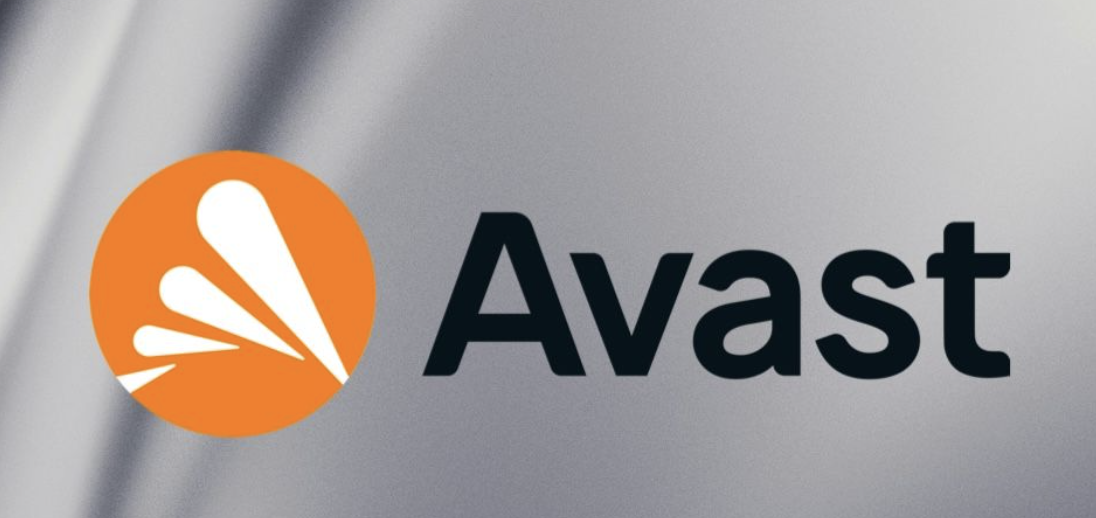Chat Wiretapping Case
Case 1 In the first, the plaintiff alleged the messages were first routed through the third-party’s server to “analyze and collect customer support-agent interactions in real-time” and that the third-party’s parent (a well-known social media company) identified “user interests” by monitoring a collection of offsite user activity and generated revenue by selling advertising space.
Decision: The Northern District of California court held the plaintiff’s allegations concerning interception were merely conclusory because they did nothing more than restate the pleading requirement and failed to provide specific factual allegations.
Case 2 The plaintiff alleged the defendant’s website used an API designed and operated by a third party, which ran on the third party’s servers because the third party analyzed the customer-support agent interactions in real time to create live transcripts of the chats as they occurred. The plaintiff also alleged the third party could use the information in the chat communications to improve the third party’s products and develop new products.
Decision: The Northern District of California court denied the defendant’s motion to dismiss, finding the plaintiff adequately alleged the communications were intercepted in transit and that the third party could use the information for its purposes (and was thus not like a tape recorder).
Session Replay
This section covers three session reply technology (SRT) decisions from California.
Case 1 [Proceed] The defendant used a product by a third-party vendor to document evidence of prior express consent by consumers to receive telemarketing calls. The product captured strokes, clicks, and other interactions on websites used to establish consent. The court (Central District of California) had previously dismissed the complaint after finding the plaintiff did not allege the vendor acted as a third-party eavesdropper. The plaintiff filed an amended complaint and the defendant again moved to dismiss. This time, however, the court denied the motion to dismiss. The amended complaint alleged the vendor “must read and learn the content of the communications” for the product to function as advertised. The court ultimately decided the parties’ disagreement presented factual issues and denied the motion to dismiss.
Case 2 [Denied] The Court (Southern District of California) found a question of fact existed whether session replay providers were more similar to a tape recorder or an eavesdropper was a question of fact better answered after discovery. The court nevertheless dismissed the complaint after finding the plaintiff failed to allege the acquisition of the “contents” of a “communication” while in transit. The plaintiff alleged the defendant’s website tracked “button clicks, mouse movements, scrolling, resizing, touches (for mobile browsers), key presses, page navigation, changes to visual elements in the browsers, network requests, and more.” The court found this was more akin to the “record information” the Ninth Circuit has held to not be the contents of a communication and dismissed the Section 631 claim, but granted the plaintiff leave to amend.
Case 3 [Denied] In Another Southern District of California decision, the plaintiff had alleged session replay technology was used when the plaintiff visited the defendant’s website to make purchases, apply for a credit card, and make purchases on the credit card. The court first found whether the session replay provider was entitled to the party exception was a question of fact “better answered after discovery into the session replay technical context of the case.” The court dismissed the motion after finding the plaintiff did not plausibly plead session replay intercepted the “contents” of communications or intercepted anything in transit. The court granted the plaintiff leave to amend, so we will likely see the court address these issues in the future.
Gusto Implication:
Video Privacy Protection Act
Case 1 [Denied] The first decision comes from the Central District of California where the plaintiff alleged the defendant-operator of an online store selling school yearbooks, class pictures, and other memorabilia, violated the VPPA by tracking and sharing video views on its website through Google Analytics. The district court dismissed the claim on the basis that the plaintiff failed to adequately allege that (1) the defendant was a “video tape service provider” and; (2) the plaintiff was a “consumer” or “subscriber” under the VPPA. On the first basis, the court held the plaintiff’s own allegations showed the videos at issue were “aimed toward the sale of Defendant’s products” and were nothing more than “a marketing tool to promote Defendant’s brand and website.” Because the defendant’s videos “market” goods and are not themselves “the goods on offer,” the defendant was not “engaged in the business” of delivering video content to sustain a VPPA claim. On the second basis for dismissal, the court found the plaintiff failed to plead a nexus between her purchase from the defendant’s business and the video content at issue or allege that she had a substantial and ongoing relationship with the defendant to survive the motion to dismiss.
Case 2 [Proceed] This comes from the Southern District of New York and provides an example of a VPPA claim surviving a motion to dismiss. In this case, the plaintiffs asserted a class action VPPA claim against a large video game retailer, alleging that when plaintiffs purchased video games from the retailer’s online store, the company shared that information with Facebook through direct uploads and Meta’s ad tracking pixels. In denying the defendant retailer’s motion to dismiss, the court held that the retailer could be considered a “video tape service provider” because video games are audio-visual materials similar to “prerecorded video cassette tapes” under the VPPA’s definition of a “video tape service provider.” Specifically, the court relied on the fact that video games contain “cut scenes” which satisfy the VPPA’s “prerecorded” requirement. According to the court, “cut scenes” in video games are considered “video content” under the VPPA even if they are accompanied by active gaming elements. Therefore, the court held that the plaintiffs adequately alleged that the defendant was a “video tape service provider” for their VPPA claim to survive the pleading stage.
Case 3 [Proceed] This comes from the Southern District of New York and provides an example of a VPPA claim surviving a motion to dismiss. In this case, the plaintiffs asserted a class action VPPA claim against a large video game retailer, alleging that when plaintiffs purchased video games from the retailer’s online store, the company shared that information with Facebook through direct uploads and Meta’s ad tracking pixels. In denying the defendant retailer’s motion to dismiss, the court held that the retailer could be considered a “video tape service provider” because video games are audio-visual materials similar to “prerecorded video cassette tapes” under the VPPA’s definition of a “video tape service provider.” Specifically, the court relied on the fact that video games contain “cut scenes” which satisfy the VPPA’s “prerecorded” requirement. According to the court, “cut scenes” in video games are considered “video content” under the VPPA even if they are accompanied by active gaming elements. Therefore, the court held that the plaintiffs adequately alleged that the defendant was a “video tape service provider” for their VPPA claim to survive the pleading stage.


